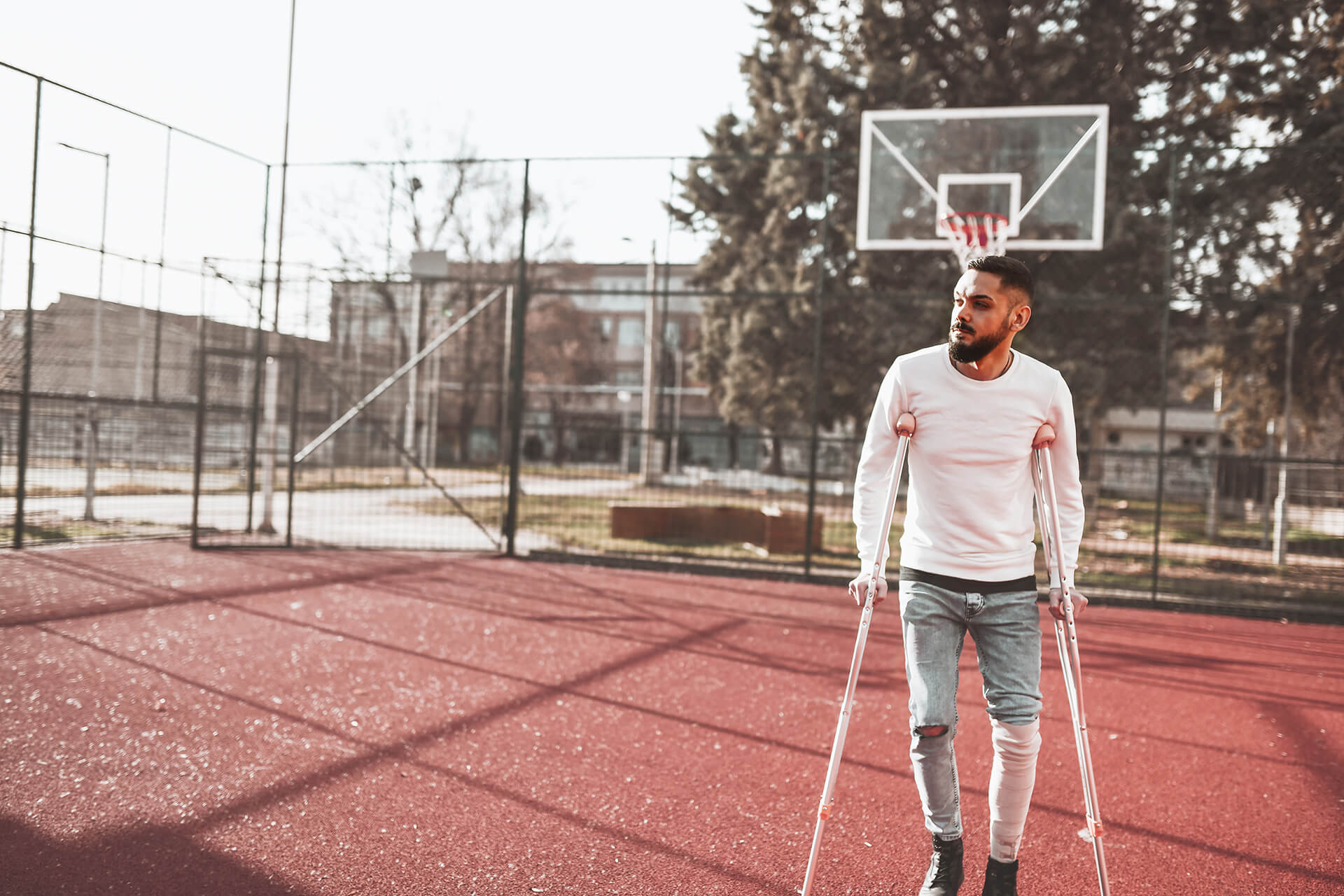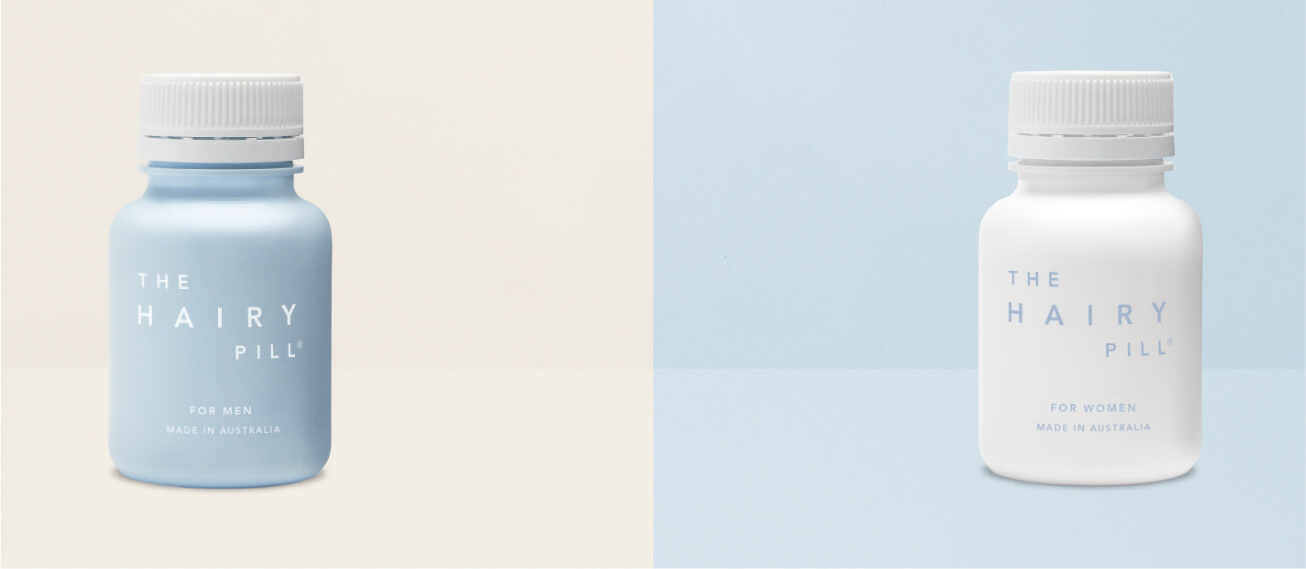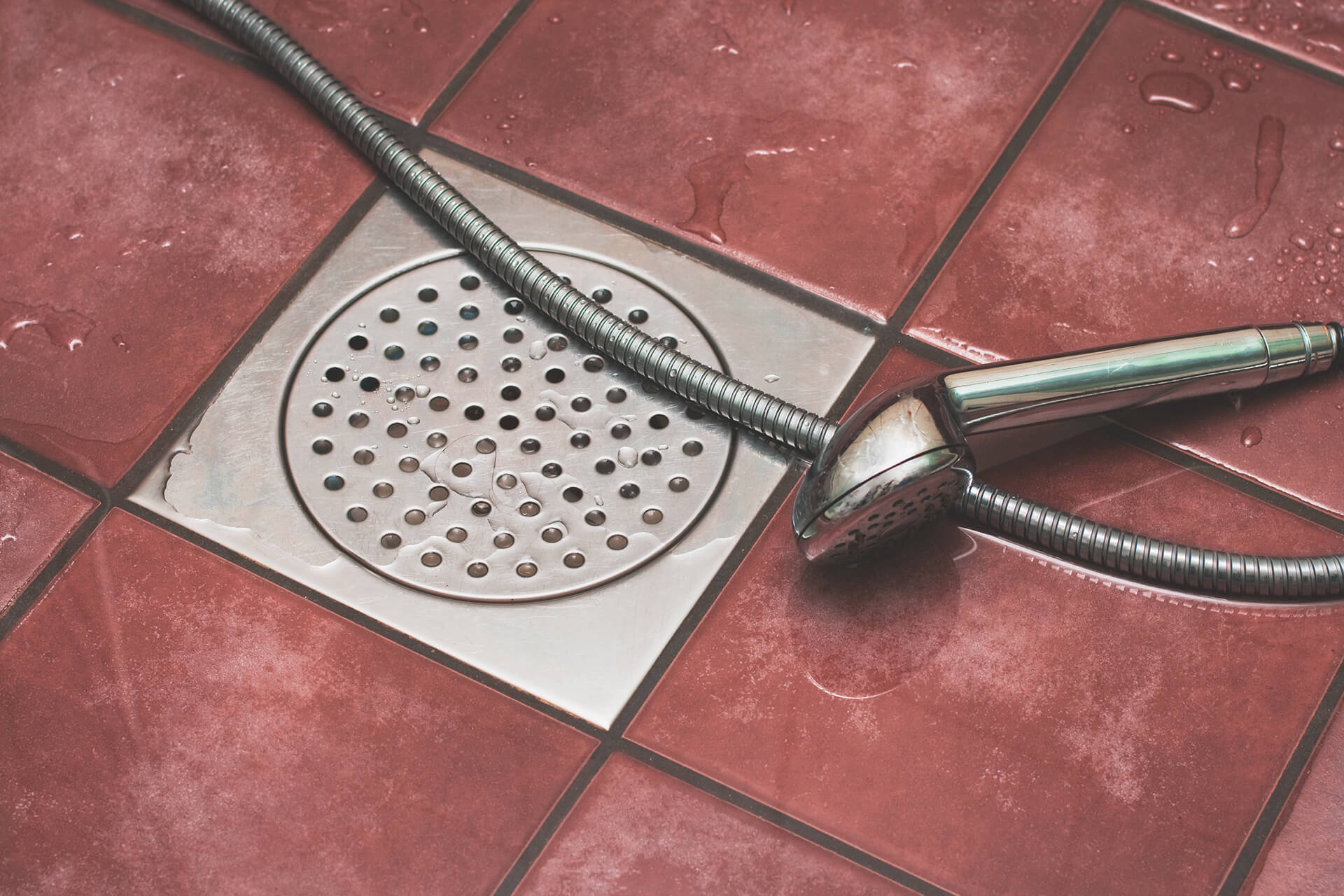Whether you’re heading into surgery or recovering from it, the last thing you should be worrying about is your hair falling out.
It seems hard to fathom. After everything you’ve been through, can you really experience loss of hair after surgery too?
As a general condition, hair loss is common. It’s usually caused by genetics and ageing but an operation can trigger it too.
Fortunately, there’s a silver lining. Most of the time post-surgery hair loss is temporary and will resolve on its own. If it doesn’t, high-quality treatments are available.
In this post, we’ll take a look at what causes hair loss after surgery, tips to look after your hair post-surgery, and how hair treatment for hair loss can work to speed up recovery.
What Causes Hair Loss After Surgery?
Before we talk about what causes hair shedding after surgery, we need to take a deeper look at the hair growth cycle so that we can understand how hair grows — and why it falls out.
Your hair works in a cycle of growth, resting, shedding, and regrowth.
Most of your hair follicles are in the anagen phase, where they are actively growing hair. This phase usually lasts anywhere from 3 to 6 years.
At some point, each hair follicle enters a catagen phase (transition phase), which is a week-long period when the hair is cut off from the blood supply, stops growing and shrinks.
Finally, we arrive at the telogen phase, a time of rest for your hair follicle which lasts about 100 days. In the later part of this phase, new hair grows underneath the old and eventually pushes the old hair out. That’s why it’s natural to shed about 50–150 strands of hair every day.
This is how hair growth usually works. But certain triggers, including major surgery, can disrupt the cycle, sending your hair prematurely into the resting phase, or prolonging that phase.
We call this telogen effluvium, which is the type of hair loss triggered by extreme stress and is the most common reason behind post-surgical hair loss.
Your body responds to stress by diverting nutrients from hair follicles to vital organs. As a result, the hair follicles weaken and may stop producing new hair altogether.
Telogen effluvium becomes noticeable about 2–3 months after the stressful event has occurred — in this case, after a major surgery, childbirth, chronic illness, or severe infection.
It’s uncommon to see large bald spots with telogen effluvium — more likely it will appear as diffuse thinning across the scalp. It tends to last about 3 months before your hair cycle returns to normal and you start to see your hair regrow.
Let’s look at some factors behind surgery that can cause telogen effluvium or other types of hair loss.
Anaesthesia
Many doctors and patients connect post-operative hair loss to anaesthesia — particularly when it comes to longer surgeries.
But here’s how doctors think it might work:
Hair follicles contain some of the fastest but most sensitive cells in the body. When anaesthesia relaxes your body, the cell division in your follicles slows down. The slower division might disrupt your hair growth cycle, causing telogen effluvium.
It’s a valid theory. But it hasn’t been proven.
One area where there is a strong link between anaesthesia and hair loss is among people with an autoimmune hair disorder called alopecia areata.
In a 2023 retrospective study, South Korean researchers found that general anaesthesia could trigger hair loss from alopecia areata. This suggests that people with alopecia areata may be susceptible to hair thinning after surgery.
Anaesthesia is just one possible cause of hair shedding after surgery. But there are many other medications that may contribute to changes in your hair as you recover.
Post-Surgery Medication
Hundreds of medications can affect hair growth, particularly if you’re allergic to them. Some of those medications are a necessary part of surgery or recovery.
These are just some of the post-surgical medications that may count hair loss among their side effects:
- ACE inhibitors
- Certain antibiotics
- Anticoagulants (blood thinners like warfarin)
- Certain antidepressants
- Anti-seizure medications
- Anti-thyroid medications
- Beta-blockers
- Chemotherapy
- Cholesterol-reducing drugs
- Immunosuppressants
- Oral contraceptive pills
Fortunately, your hair growth should return to normal once you’re off the medication but you can always talk with your doctor if you’re concerned about the possible side effects.
Nutritional Deficiencies
Hair growth isn’t your body’s main priority post-op. Instead, your body diverts nutrients away from your hair follicles to where it’s needed most to promote healing.
This lack of nutrients might disrupt the hair growth cycle and cause telogen effluvium.
It’s not just about diverting nutrients from your hair follicles. Surgery may also cause a nutritional deficiency.
For example, research from the Global Bariatric Research Collaborative suggests that hair fall after bariatric surgery may occur because of lower levels of serum zinc, ferritin, and folic acid.
It’s also possible that iron or ferritin levels become depleted from blood loss during surgery. If you don’t increase these levels post-op, the deficiency could make your hair more brittle or wispy. Or it could increase hair shedding (particularly around the temples).
Thankfully it can be easy to correct nutritional deficiencies with supplements — but it’s important to confirm the deficiency through a blood test first.
Read our article: Can vitamin deficiencies cause hair loss?
Positional or Pressure Alopecia
Although rare, some patients may develop a particular type of hair loss when their head is kept in the same position for hours on end.
This type of hair loss (called positional or pressure alopecia) happens when the head has restricted movement. This creates prolonged pressure over one part of the scalp and limits the blood supply to the hair follicles there.
It typically only occurs in operations lasting more than 6 hours where the head remains in one position throughout the surgery, or during prolonged periods in ICU.
Rapid Weight Loss
As many as 57% of patients can experience hair loss after a weight loss surgery like bariatric surgery. Younger women are particularly affected.
The rapid weight loss puts stress on the body, which causes telogen effluvium. It usually follows the same pattern as other types of hair fall after surgery: diffuse thinning across the scalp, occurring about 3 months after surgery and resolving on its own within a year.
Discover if The Hairy Pill® is right for you.
Take our short hair health quiz and we will work out if The Hairy Pill® can help you and your hair.
Take the quizWhat Does Post-Surgical Hair Loss Look Like?
Hair loss after an operation has unique symptoms that set it apart from hereditary hair loss.
Post-surgery hair loss typically presents as overall hair thinning across the scalp, rather than big bald patches.
Some people notice gradual thinning 1–4 weeks after surgery. Others experience more intense shedding, particularly around the crown, about 3 months after surgery.
In most cases, this hair loss lasts 3–6 months and then returns to normal. But if your hair remains thin after about 9 months with no improvement, it may have developed into chronic telogen effluvium or androgenetic alopecia.
How to Prevent and Recover from Hair Loss Following Surgery
The best treatment for hair loss after surgery is patience. In most cases, your hair will start to regrow and return to pre-surgery thickness within 6–9 months.
In rare instances, post-surgery hair loss can turn into chronic alopecia. But there’s still good news: there are still ways to reverse it.
Here are some things you can do to support your hair before, during, and after surgery.
Raise Hair Loss Concerns Before Surgery
While it’s tricky to prevent post-operative hair loss, you can talk to your doctor about your concerns before the surgery. They may be able to assess your risk factors for hair loss and create an action plan to minimise the fallout (no pun intended!).
Get All the Nutrients Your Body Needs
Make sure you eat a balanced diet high in all the best foods for hair growth. This includes plenty of wholegrains, vegetables, and fruits.
A huge literature review of the current research suggests that vitamin D and iron supplements may help improve the symptoms of telogen effluvium. It’s also important to make sure you’re getting enough vitamin C if you have an iron deficiency.
There’s some evidence to suggest these nutrients may also have a role in improving hair growth:
- Antioxidants, including vitamins A and E
- B vitamins
- Selenium
- Zinc
If you think you may have a nutrient deficiency, it’s best to consult your doctor and take a blood test before changing your diet or taking vitamin or hair growth supplements.
Read our article: Which vitamins keep your hair healthy?
Stop Smoking
The heavy metals in cigarette smoke may worsen your hair loss. The British Association of Dermatologists recommends quitting smoking to improve the health of your hair.
Choose Mild Shampoos and Topical Treatments
When your hair is recovering, it’s best to use a mild shampoo and conditioner — perhaps even products fortified with vitamins or zinc.
Shampoos that contain salicylic acid, hydrocortisone 1%, or ketoconazole 1% may also be worth trying.
Just make sure you don’t overuse your shampoo and conditioner or you risk clogging your pores, which can lead to inflammation.
The most popular topical hair loss medication doctors prescribe for hair loss is minoxidil, which may help stimulate hair follicles to start regrowing. This is usually a short-term treatment option applied to your scalp once or twice daily.
Avoid Harsh Hair Care Practices
If you’re experiencing hair shedding after surgery, be gentle on any heat tools. Limit your use of hair dryers, curling irons, or straighteners until your hair. You may also want to avoid chemical treatments like perms or hair dyes until your hair is back to normal.
Consider Giving Your Hair a Nudge with a Medical Procedure
Hair loss procedures are available in Australia that may help stimulate hair regrowth, although they have varying costs and effectiveness:
- Microneedling, which stimulates hair follicles with fine needles
- Laser therapy
- Platelet Rich Therapy (PRP), whereupon a doctor injects your own platelets into the scalp
- Corticosteroid injections
Try an Oral Hair Loss Treatment Personalised to You
The best hair treatment for hair loss is generally one that contains clinical-grade ingredients that are rigorously tested, refined, and proven to work.
Unlike other hair loss and thinning treatments, The Hairy Pill® is made specifically for you, with unique hair loss treatments for men and hair loss treatments for women.
Your once-a-day treatment contains underlying technology that has been clinically proven to work. Clinical actives help stop hair loss in its tracks and stimulate regrowth while a personalised mix of vitamins, essential elements, and amino acids helps supercharge your recovery.
Ready to start your hair growth journey?
- Free express shipping
- Unlimited doctor consultations
- Simple once a day treatment
Give Your Hair Follicles a Nudge with The Hairy Pill®
Hair thinning after surgery can feel discouraging but it’s important to remember that it’s almost always temporary.
The Hairy Pill® may help speed up recovery and restore your hair to its natural thickness faster. All it takes is 5 minutes to fill out our online form. Get started now.


















